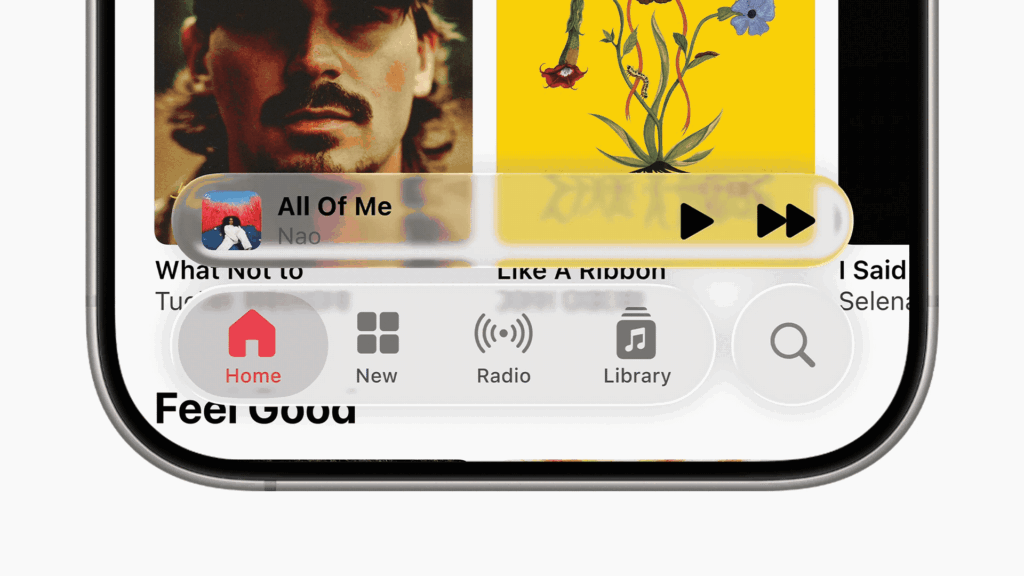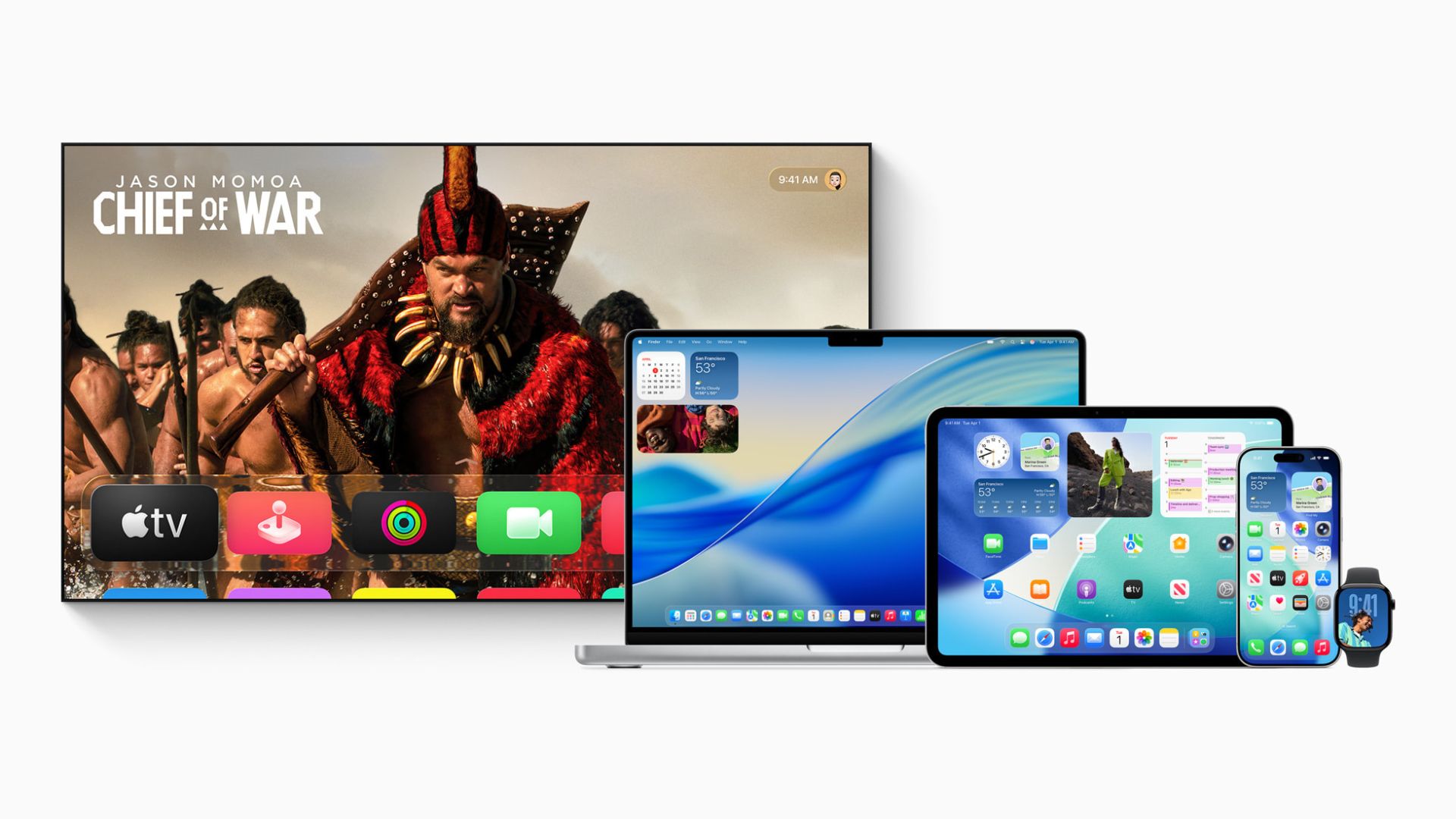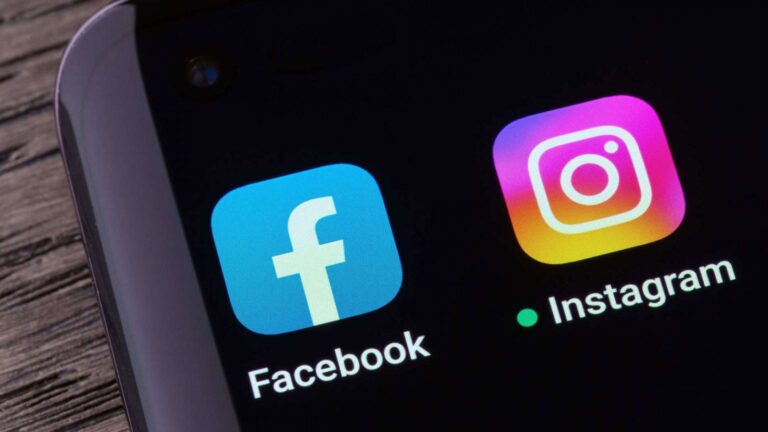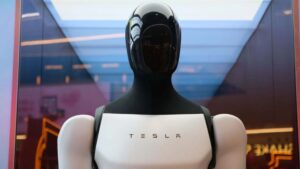
Apple rolled out iOS 26 and macOS Tahoe on September 20, 2025, introducing the controversial Liquid Glass design and several new features that have elicited mixed reactions worldwide.
Liquid Glass Design Divides Users
The headline feature—Liquid Glass—applies a translucent, glass-like aesthetic across all Apple platforms for the first time, dynamically reflecting and refracting backgrounds. Despite Apple’s praise for its “optical qualities of glass with a fluidity only Apple can achieve,” many users complain of readability issues and dizziness from blurred backgrounds. Reddit threads call dark mode an “optical nightmare” with distracting glows around tilted icons (Apple Newsroom, Tom’s Guide).
iOS 26 Introduces Spatial Scenes Magic
Beyond its polarizing visuals, iOS 26 debuts Spatial Scenes, which uses generative AI to convert photos into dynamic 3D images responding to device movement. Depth maps create immersive parallax effects on iPhone 12 and newer, accessible via a hexagon icon in Photos or on Lock Screen customization. PC Magazine calls it “a truly transformative tool” for photo editing (Apple Newsroom, PC Mag).
macOS Tahoe Removes Launchpad, Adds iPhone Apps
macOS Tahoe makes bold changes: Launchpad is gone, replaced by an enhanced Spotlight that executes hundreds of actions—from messaging to shortcuts—directly from search. Three new apps arrive on Mac: Phone, Journal, and Games. Phone relays iPhone calls with Call Screening and Hold Assist; Journal offers multi-platform journaling with media support (Apple Newsroom).
Safari Gets Transparent Makeover
Safari in Tahoe features a transparent tab bar that shifts as users scroll, abandoning compact tabs for a more immersive experience. On iOS 26, Safari offers three address-bar layouts at launch, giving users choice after past criticism. Fast Company criticizes Launchpad’s removal, warning it alienates casual Mac users; some have restored it via Terminal hacks.
Despite the backlash, Apple remains committed to unified Liquid Glass styling across iOS, iPadOS, macOS, watchOS, and tvOS for the first time in its history.











